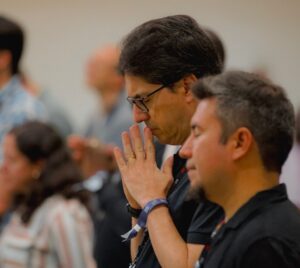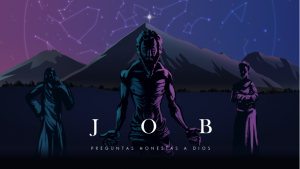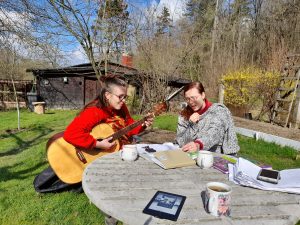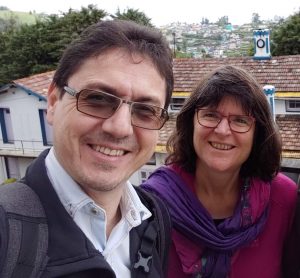“Let not the wise boast of their wisdom
or the strong boast of their strength
or the rich boast of their riches,
but let the one who boasts boast about this:
that they have the understanding to know me,
that I am the Lord, who exercises kindness,
justice and righteousness on earth,
for in these I delight”.
Jeremiah 9:23-24
 I’m sometimes asked when it was that I started working with Scripture Engagement in IFES. Well, the best answer is to say it began 37 years ago with my involvement as a student in my university’s local group. And it continued when, five years later, I started working as staff in the student movement.
I’m sometimes asked when it was that I started working with Scripture Engagement in IFES. Well, the best answer is to say it began 37 years ago with my involvement as a student in my university’s local group. And it continued when, five years later, I started working as staff in the student movement.
I say this because I believe Scripture Engagement is such an essential part of our identity – of who we are in IFES, our ethos, our way of doing ministry – that I couldn’t imagine it any differently! Well, it could be different, but then we would lose something so crucial and indispensable from our DNA and run the huge risk of losing our way – even our reason for existing – as a global ministry.
Some might say, if Scripture Engagement is already such an intrinsic part of who we are and how we do ministry, why should we still have a global team in this area? Simply put, the need to listen to each other, from our different perspectives –especially as it concerns the all-important topic of how we approach Scripture – is an ongoing process of learning and improvement. So, when we intentionally create spaces for this mutual experience, perhaps we reduce the risk of blind spots and of being limited or conditioned by our contexts.
Jeremiah has been a good companion for me in recent years. He often warns people that they are not listening to God’s Word, that they are not taking it seriously. The book has helped me to grow in the way we engage with Scripture, to relate to him personally (‘to know me’), and to change our way of community living as we come to know his ‘kindness, justice and righteousness on earth’. That’s why we need each other in this endeavour, to avoid boasting about our own ‘wisdom’, ‘strength’ or ‘riches’.
Bringing people together from different places and cultures to practice Scripture engagement, and to learn how this shapes ministry, helps us to identify good practices and needs, strengths and weaknesses. This allows us to make any necessary corrections and increase the chances of faithfulness to the Lord and his Word revealed to us. It also helps us to remain relevant in the world.
As I finish this long and joyful journey in IFES, and I am asked what I would like to see happen in the future, I simply say: that we may continue to listen to the Lord and to each other, because in this diversity of a global fellowship we are more able to grow in the Lord and his Word, and therefore serve better.
Isolated, vain, arrogant, we won’t get very far.
Humble, listening, with the Spirit guiding us in community, we will go well,
…by God’s grace.
Ricardo Borges
IFES Secretary for Scripture Engagement
[Photo by International Fellowship of Evangelical Students]







 The Bible is a lamp to our feet and a light for our path. It is healing for the soul; it is the breath of God himself. Through it, God challenges and comforts, rebukes and restores, exhorts and encourages. It is, in its entirety, God’s revelation of truth to us.
The Bible is a lamp to our feet and a light for our path. It is healing for the soul; it is the breath of God himself. Through it, God challenges and comforts, rebukes and restores, exhorts and encourages. It is, in its entirety, God’s revelation of truth to us.


